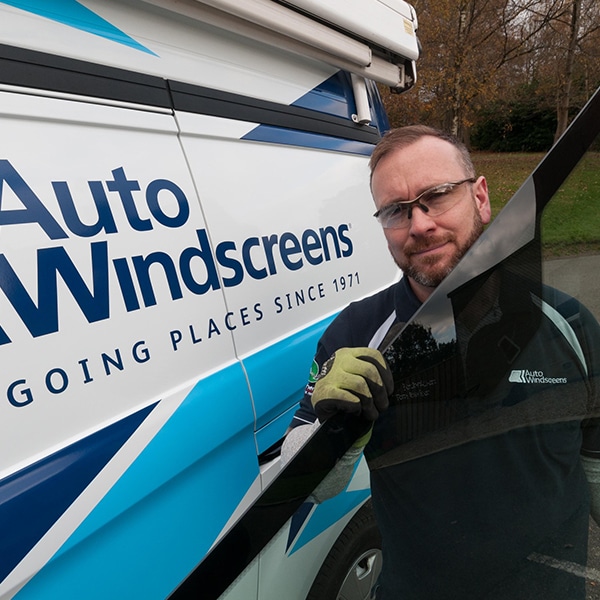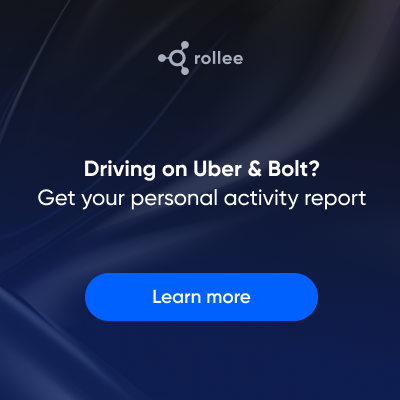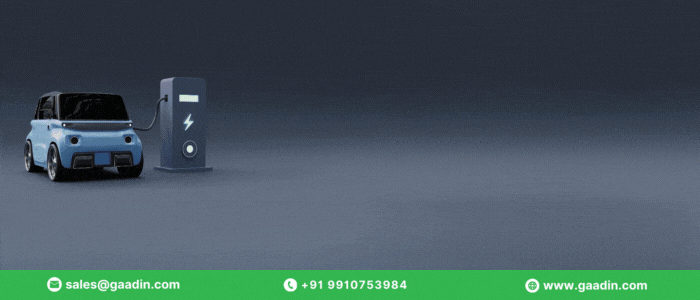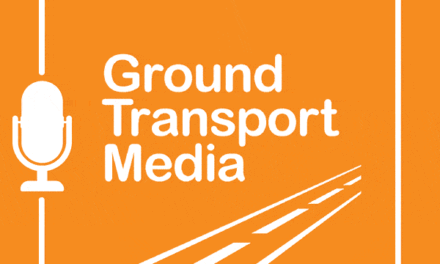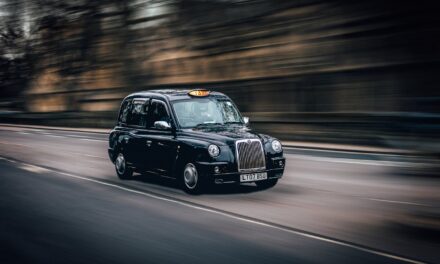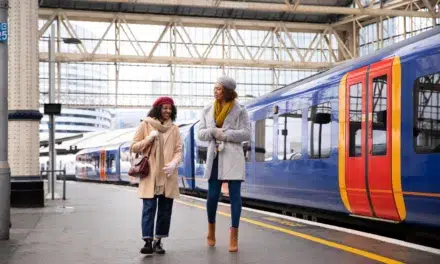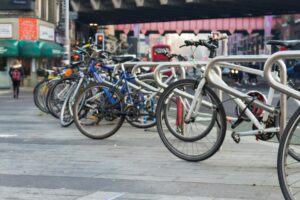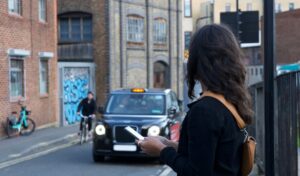Auto Windscreens has taken a strategic approach to managing its work-related road risk – and is reaping the business benefits.
The company repairs and replaces automotive glass for all types of vehicles. It also undertakes Advanced Driver Assistance System (ADAS) calibrations following windscreen replacements, to ensure technology such as forward-facing cameras, lane departure or speed recognition sensors continue to operate correctly. It has 390 LCVs and 50 company cars.
Auto Windscreens has 72 sites working across 24 geographical areas. Its technicians visit customers’ homes and workplaces to repair and replace vehicle glass, and an increasing proportion of work is conducted at the company’s own sites, primarily for ADAS calibration and more complex jobs. The business therefore has a large footprint across the UK.
Its mobile technicians keep their LCVs at home, travel into their local centre for necessary supplies and conduct repairs at a variety of locations before returning home at the end of their shift. This brings the dual challenges of a remote fleet and a remote workforce.
Advertisement
Although more than 40% of its work is now conducted at its service centres, the fleet has continued to expand due to increasing demand. The 50 company cars are primarily given as part of a recruitment package to senior managers, although some users have operational or sales roles.
It has also changed tack with its purchasing, upgrading its Transit Custom vans to the Transit Trend, which offers far greater driver comfort and has ADAS technology, including emergency braking, lane assist and speed sign recognition.
This has brought multiple benefits including:
- Better staff retention
- A greater sense of pride and ‘ownership’ in the vehicle
- Drivers seeing the vehicle as their ‘place of work’
- A more attractive recruitment offer
- The on-road benefits of ADAS.
Its claims cost has dropped by 19% since 2019. The type and severity of incident has changed, with most incidents now being low speed manoeuvres, involving some vehicle damage but no injury. Impacts at junctions, and rear end collisions have reduced.
The company has carefully managed its fuel usage and mileage, concentrating on specific focus areas such as:
- Better driver behaviour
- Less idling
- Better job density on journeys.
Shaun Atton, Business Support Director at Auto Windscreens attributes much of the improvement to the extensive training the company conducted around issues like tailgating, safe pulling-out and distracted driving. Low speed manoeuvres will continue to be a future focus for the fleet in terms of education and training.
“We have educated drivers about the value of fuel, putting the monetary cost in terms of real-world purchasing power,” says Shaun, “as well as its impact on emissions. We put pounds and pence in front of them and ask: what could you buy with that? It’s a real eye-opener and helps support our requests to cut idling and drive more sensitively.
“Road safety is important to us for a number of reasons. Primarily we want our staff to be able to work in a vehicle suitable for their task, to do their job in comfort and return home to their families safely in the evening. Likewise, we want to help protect other road users and the general public, as we focus on fixing glass damage and getting our customers back into their vehicles.”
Advertisement
Full case study is available here: https://www.drivingforbetterbusiness.com/case-studies/business-champion/auto-windscreens/#business-benefits

